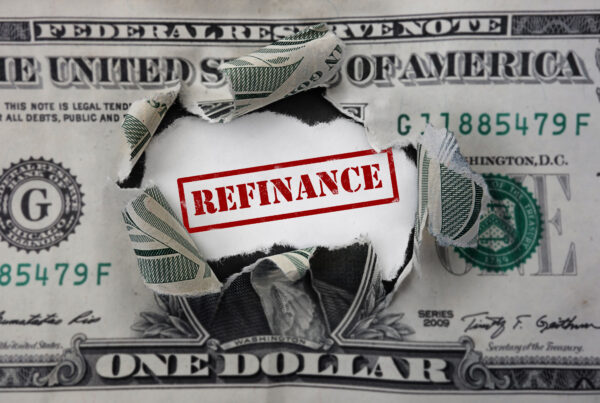Title insurance is a very important part of a real estate transaction. However, there are several misconceptions that cloud its importance and potentially put your property ownership at risk.
In this article, we will debunk 4 common myths of title insurance, and shed light on how it works to protect you and your home.

Myth 1: Title insurance is not needed for newer homes.
Contrary to popular belief, title insurance is just as crucial for newer homes as it is for older ones. Even in new developments, issues can arise during the construction process or due to mistakes made in legal documents. These can result in future claims on the property’s title, potentially putting your investment at risk.
Myth 2: Title insurance is not needed if you transfer your property ownership to a family member
While it may seem logical to assume that transferring property within a family eliminates the need for title insurance, this is not the case. Intra-family transfers can still involve potential title issues that may not be immediately apparent, such as outstanding debts or claims against the property, errors in public records, or undisclosed heirs or beneficiaries who may have a stake in the property. Title insurance ensures that the new owner receives a clear and marketable title, free from any unexpected surprises or legal complications.

Myth 3: Title insurance is not needed if you are rebuilding a property.
When reconstructing a property or undertaking significant renovations, some may believe that title insurance is unnecessary since they already own the land. However, it is important to understand that title insurance does not solely protect against ownership disputes; it also covers other potential issues, such as unpaid liens, undisclosed easements, or boundary disputes. Therefore, obtaining title insurance when rebuilding or renovating a property is crucial to protect your investment and ensure a smooth transition of ownership.
Myth 4: You don’t need title insurance if you have homeowner’s insurance.
Homeowner’s insurance primarily covers damages and losses resulting from events like fires, natural disasters, or theft. It does not protect against title defects or disputes that may arise in the future. Title insurance, on the other hand, focuses specifically on safeguarding your ownership rights and providing financial protection in case of unforeseen claims or legal challenges. Homeowner’s insurance and title insurance serve distinct purposes and should be seen as complementary forms of protection for property owners.

If you have any questions about title issues, do not hesitate to contact us at Federal Standard Abstract today.






